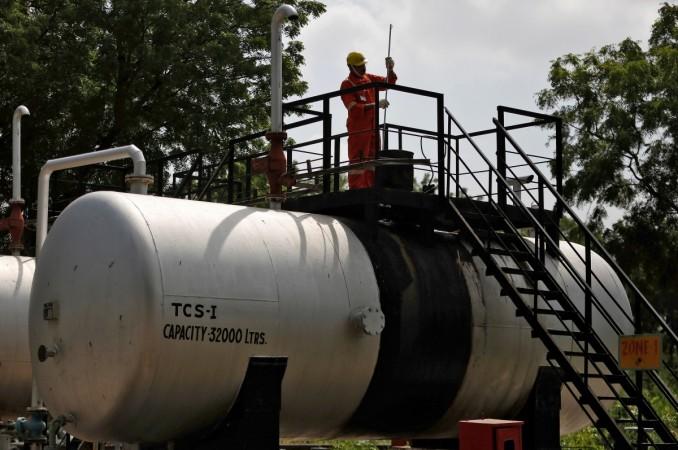
In a survey conducted during March and April 2017, industry chamber Federation of Indian Chambers of Commerce and Industry (FICCI) predicted India's gross domestic product (GDP) growth will be around 7.4 percent for fiscal 2017-18, with a minimum and maximum level of 7 percent and 7.6 percent respectively.
Reasoning out the growth, FICCI's Economic Outlook Survey said: "While agricultural sector is estimated to clock 3.5 per cent growth in 2017-18; the pick-up in overall GDP growth will also be supported by an improvement in industry and services sector growth. The industry and services sector are expected to grow by 6.9 per cent and 8.4 per cent respectively in 2017-18."
The survey was conducted amongst economists belonging to the industry, banking and financial services sector and the participants feel that with the process of re-monetisation almost complete, consumption activity has witnessed an uptick and will further build up going ahead.
Also, the India Meteorological Department's latest forecast of monsoon arriving on time and being sufficient provides some reprieve amidst earlier reports of the El Nino having a dampening effect this year.
According to the survey results, Consumer Price Index (CPI) has a median forecast of 4.8 percent for 2017-18 with a minimum and maximum level of 4 percent and 5.3 percent respectively. RBI in its latest policy statement estimated CPI inflation to average 4.5 per cent in the first half of the year and 5 per cent in the second half.
Asked about Universal Basic Income (UBI), the economists who participated in the survey said the idea must be taken forward and explored in detail, which would include a plan on implementation and evaluating and overcoming the possible road blocks.
However, the participants also pointed out that though the concept of UBI is relevant in context of providing guaranteed minimum basic support to the people, implementation of the same in a highly diverse country like India will be a difficult task.
It was also pointed out that India lags behind in key human development indicators such as health, nutrition, education, sanitation and drinking water. In such a scenario, a universal income hand-out would not entirely solve some of the key problems that the poor face.
Speaking about the wave of protectionism engulfing the global economy, the economists said that protectionism is becoming a new normal led by certain advanced economies which are increasingly looking inwards to propel growth and increase employment. This could result in increased tension between nations which could lead to trade wars according to some of the respondents.
The economists felt that while protectionism is a challenge, India needs to keep its focus on implementing reforms. The situation calls for improving the investment climate in the country, enhancing hard and soft infrastructure and continuing the efforts on tackling the issue of non-performing assets.









!['Had denied Housefull franchise as they wanted me to wear a bikini': Tia Bajpai on turning down bold scripts [Exclusive]](https://data1.ibtimes.co.in/en/full/806605/had-denied-housefull-franchise-they-wanted-me-wear-bikini-tia-bajpai-turning-down-bold.png?w=220&h=138)



